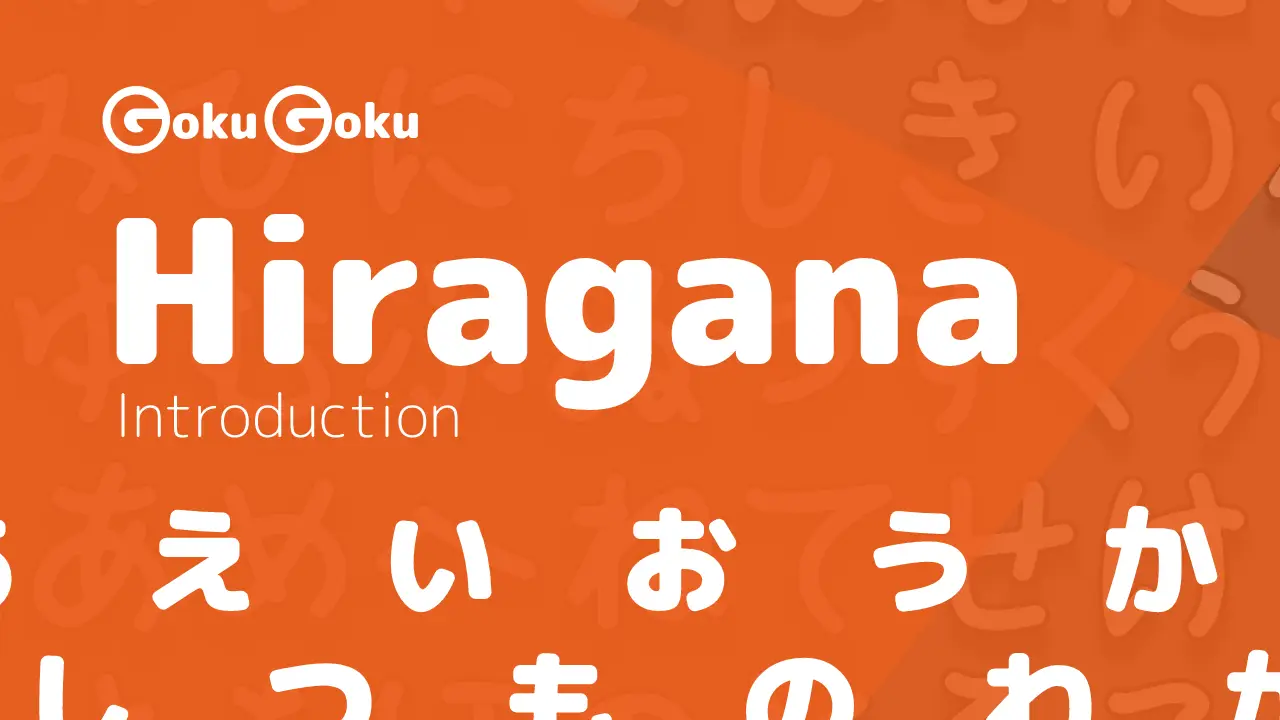やがる (yagaru) Meaning Japanese Grammar - How Dare You
Sandro Maglione
Get in touch with meThe expression やがる (yagaru) means to dare, to have the courage to, to have the nerve to.
やがる is added to the stem of a verb to indicate contempt, disdain, hatred towards the interlocutor in performing a certain action.
やがる is often used in manga and anime to show contempt and disdain between various characters, for example during a fight
In this post we learn more about the meaning of やがる, how it is formed, and when やがる is used through real example sentences.
How やがる is formed
やがる is added as a suffix to the stem of the verb, base B2, or base in "masu" of the verb to which it is applied:
Let's see some examples of conjugations for やがる:
How and when to use やがる
やがる is a slang (very colloquial) verbal suffix for showing contempt for another person's actions.
やがる is generally never used in everyday language in Japan. However, it is often found in TV series, manga, and anime
やがる is in fact a very rude and intimidating way to indicate defiance and contempt for someone else's actions. As such, やがる is almost never used in normal conversations.
やがる can be translated as how dare. Let's see an example to understand the meaning:
あいつは話の途中で電話を切りやがった。
That guy dared to hang up the phone in the middle of the call.
From the example we can understand how the use of やがる (やがった in the past tense) indicates that the action of hanging up the phone was rude and unexpected. For this reason, やがる indicates a sense of contempt and annoyance that our interlocutor dared to do such a thing.
やがる can be considered the opposite of くれる: while くれる indicates an action seen in a positive way, やがる instead indicates a negative action
Another way to say "how dare you" in Japanese is よくも. Also よくも can often be found in manga and anime
言いやがって: Don't try and tell me that!
An expression that uses the form やがる is 言いやがって. This expression is made up of:
- Verb 言う, meaning
to say - やがる conjugated in its て form 言いやがって is a very direct way to tell someone to stop joking or saying unnecessary things: literally
how dare you say that!. Let's see an example:
0:00.00
-1:0-1.00
ったく調子のいいこと言いやがって。この店だってオレを裏切ってオーブを売った金で始めたんじゃないのか?
Geez, how dare you tell me I'm fine. This shop, your betrayal, you started selling Orb to make money right?
The sentence begins with an expression of exasperation: ったく, which means geez, here we go again. This expression already makes us understand the unfriendly and very direct tone of the speech. In fact, we see below the use of 言いやがって:
ったく調子のいいこと言いやがって。
Geez, how dare you tell me I'm fine.
言いやがって in this case we can translate it with how dare you tell me, which is a very direct expression, as we can also hear from the tone of voice.
Positive' use of やがる
Here is a comment on a YouTube video of a Japanese artist who performed a piece on the piano in an excellent manner, and the comment was this:

なんなんだ音が生きてやがる。
What is this? The sound is bloody alive!
やがる is used in a strong way, but expresses a positive feeling, of admiration and emotion in this case.
Examples of やがる
うちの城もぶっ壊しやがって。
He also dared to completely destroy my castle.
あんなやつに負けやがって。
You had the guts to lose to that guy.
おとといきやがれ!
Don't you dare come here again!
Similar grammar points in Japanese 📚
とは
とは (to wa) Meaning Japanese Grammar - That
次から次に
次から次に (tsugikaratsugini) Meaning Japanese Grammar - One After the Other
でもなんでもない
でもなんでもない (demo nan demo nai) Meaning Japanese Grammar - Not At All
なりに
なりに (narini) Meaning Japanese Grammar - In the Manner of
てやる
てやる (te yaru) Meaning Japanese Grammar - Wait and See

